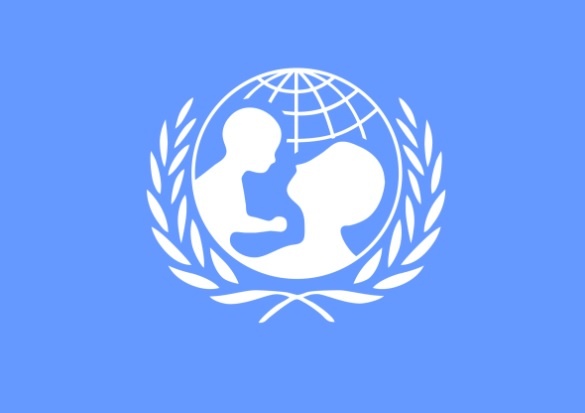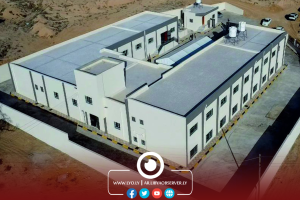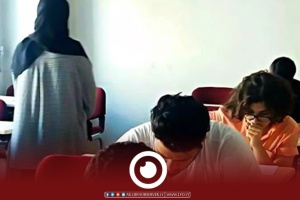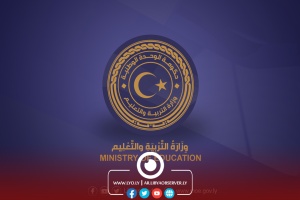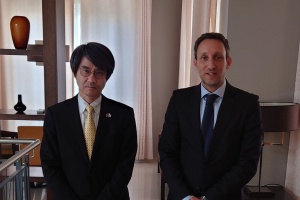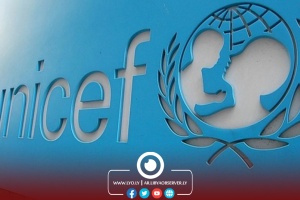A study conducted by UNICEF in cooperation with the Ministry of Education and the National Center for Disease Control shows that 30 percent of water inside Libyan schools is contaminated.
The UNICEF said in a statement on their official website on Wednesday that the study included 140 schools in western, eastern and southern Libya, indicating that more than half of the schools assessed have a shortage of drinking water.
The study showed that more than half of the water samples contained harmful bacteria, making children vulnerable to harmful diseases and epidemics.
News
